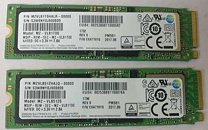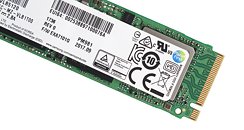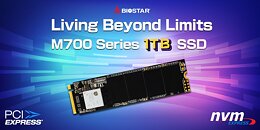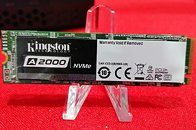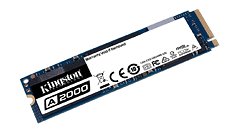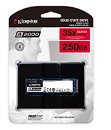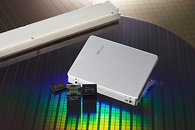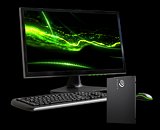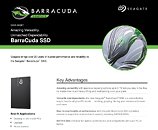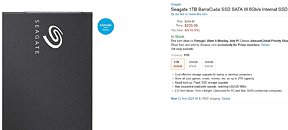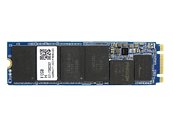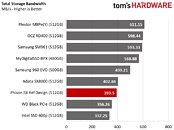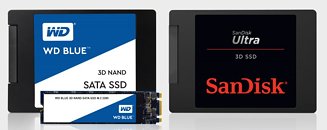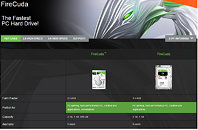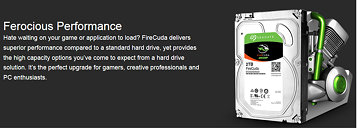Samsung is the most well-regarded company when it comes to consumer SSDs. even if their SSD solutions do usually carry a premium versus the competition, that price delta is usually well justified: Samsung's SSDs are frequently the most reliable, fastest option in the market. Samsung's 960 PRO and 960 EVO SSDs have done a good job of clarifying the company's market positioning, and now, the successors for those Samsung SSDs have already surfaced.
The next-gen Samsung NVMe drives carry the PM981 code-name - where "PM" stands for TLC NAND (in this case, based on 64-layer 3-bit per cell V-NAND chips), "9" stands for Samsung's highest performing solutions, and "81" stands for the part number - two tiers ahead of Samsung's 960 series. It's expected that there will be a 970 part, since Samsung seems to be steering away from the "EVO" and "PRO" monikers to differentiate products according to performance - a straight numeral is expected to be the norm going forward. For now, the parts that have surfaced carry 512 GB and 1 TB of memory. These will make use of Samsung's Polaris V2 controller (with a metal heatsink over it to aid in cooling), and deliver 3,000 MB/s and 3,200 MB/s sequential read speeds (for the 512 GB and 1 TB versions respectively) and 1,800 MB/s and 2,400 MB/s sequential write, respectively. The models surfaced from a Vietnamese retailer, which has them going for $233 and $439 - which doesn't mean this will be the final consumer retail price, but seems reasonable for the technology and performance tier of these NVMe SSD solutions.
